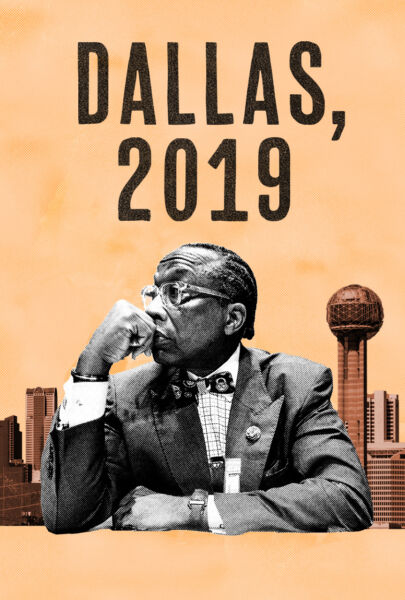The Political Dr. Seuss
Premiered October 26, 2004
Ron Lamothe
EXPLORE THE FILM
About the Documentary
One of Theodor Geisel’s superior officers during World War II described him in an evaluation as a “personable zealot.” An oxymoron? Perhaps. But it also provides a fitting description of the man who was better known as Dr. Seuss, the best-selling children’s author of all time. The documentary, The Political Dr. Seuss, traces the evolution of Geisel’s art and political philosophy and shows how he deftly combined his delightful, otherworldly creations with moral parables and progressive ideas.
Both an idealist and a curmudgeon, Theodor Seuss Geisel (1904–91) spent much of his life trying to improve a society he knew was inherently flawed. He had a keen eye for hypocrites, bullies and demagogues, and ridiculed them whenever he got the chance. He was a man of strong opinions and deep convictions, though shy and unassuming in demeanor. Among friends he was quite charming, and was famous for his practical jokes. And yet he guarded his privacy dearly, and seldom made public appearances. He was an internationally renowned children’s author, though he never had children of his own, and once admitted that “in mass, they terrify me.”
Dreamer or cynic? Grandfather or grinch? It seems that Dr. Seuss was all of these things and more, a complex, talented and passionate man who struggled to remain hopeful in spite of the “dissemination of stupidity” he saw all around him. Above all, Dr. Seuss and his work were intrinsically political. A self-proclaimed master of “logical insanity,” the author of such fanciful tales asGreen Eggs and Ham and The Cat in the Hat devoted much of his considerable talent and influence to advocating political and social change. From condemning isolationism and attacking anti-Semitism to his later works for literacy, the environment, and against the arms race, Dr. Seuss’s most popular works reflect his passion for fairness, democracy and tolerance.
But this is a side of Dr. Seuss’s work that is rarely discussed. Most Americans don’t know, for example, that during World War II he drew editorial cartoons for the left-wing New York newspaper PM, or that he made army propaganda films with Frank Capra. Many readers didn’t know that The Sneetches was inspired by Seuss’s opposition to anti-Semitism, that Horton Hears a Who! was a political statement about democracy and isolationism, or that The Lorax and The Butter Battle Book were parables about the environment and the arms race. Dr. Seuss’s true genius may lie in the fact that all of this was done with such humor and finesse, that few realized he was being political at all.
The Political Dr. Seuss traces Theodor Geisel’s life from his boyhood in Springfield, Massachusetts through his final days living atop Mt. Soledad in La Jolla, California. The film explores his little-known World War II era cartoons, his educational and propaganda film work—including the “Private Snafu” films he made with Chuck Jones—and Design for Death, his Academy Award-winning documentary on Japan, which is seen here for the first time since its original theatrical release in 1947. In-depth interviews with his widow Audrey, his biographers Judith and Neil Morgan (Dr. Seuss and Mr. Geisel) and Richard H. Minear (Dr. Seuss Goes to War), his long-time Random House publisher Robert Bernstein and editor Michael Frith, and historian Michael Kazin—not to mention Geisel’s own words through voice-overs—bring the man to life. The Political Dr. Seuss is not only an intriguing portrait of Theodor Geisel but also a fascinating lens through which to view the complex political and social history of the 20th century.






















